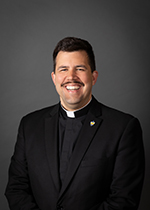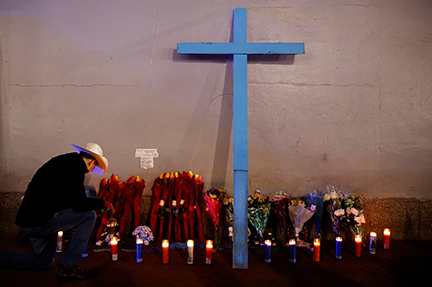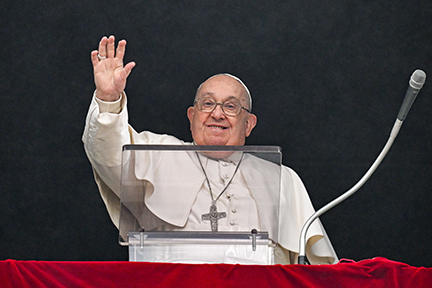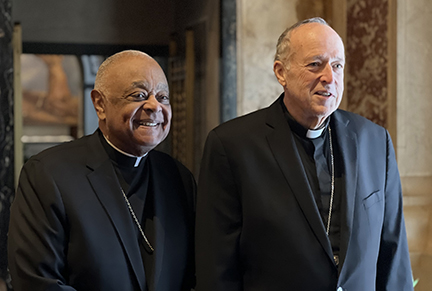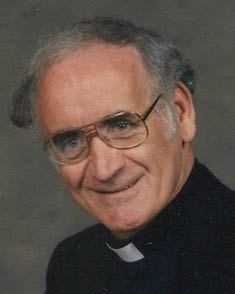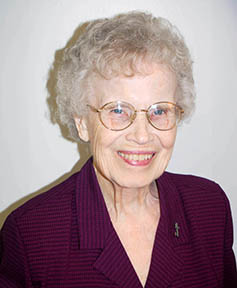By Bishop Joseph R. Kopacz, D.D.
Each year on the third Sunday in Ordinary Time the Church celebrates Sunday of the Word of God. This annual commemoration began with Aperuit illis an apostolic letter, by Pope Francis issued on Sept. 30, 2019, the feast of St. Jerome instituting this annual observance. Sunday of the Word of God is devoted to the raising up of the Sacred Scriptures throughout the Catholic world while fostering a more widespread love for God’s Word on a daily basis.
The first Sunday of the Word of God occurred on Jan. 26, 2020, and this year’s observance will occur on Jan. 25-26. The pope said that he wrote the apostolic letter in response to requests from around the world to celebrate the Word of God in an extra special manner. In time, it is the desire of Pope Francis and many in the church that Sunday of the Word of God will be as central to the Catholic culture and imagination as is the Solemnity of the Most Holy Body and Blood of Christ.

This earnest desire was expressed 60 years ago at the Second Vatican Council. “The treasures of the bible are to be opened up more lavishly, so that richer fare may be provided for the faithful at the table of God’s word.” (Sacrosanctum Concilium) The Council Fathers pointed out that Sacred Scriptures already permeate the entire liturgy, often a treasure hidden in plain sight. “Sacred Scripture is of the greatest importance in the celebration of the liturgy. For it is from scripture that lessons are read and explained in the homily, and psalms are sung; the prayers, collects, and liturgical songs are scriptural in their inspiration and their force, and it is from the scriptures that actions and signs derive their meaning. Thus, it is essential to promote that warm and living love for scripture to which the venerable tradition of both eastern and western rites gives testimony.” (Sacrosanctum Concilium)
The Word of God is essential for Eucharistic Revival because through its proclamation and hearing in the assembly of the faithful the Holy Spirit inspires faith and prepares our hearts and minds for communion with the Body and Blood of the Lord and empowers us in our daily lives to live with the mind and heart of Jesus Christ. The period of fasting before Mass and the reception of Holy Communion is intended to sharpen our attention and focus, and to cultivate a hunger and thirst for the living Word of God, and for the reception of the Eucharist.
Indeed, the quest for renewal in the church finds its power in the Mass. “Mother Church earnestly desires that all the faithful should be led to that fully conscious, and active participation in liturgical celebrations which is demanded by the very nature of the liturgy. Such participation by the Christian people as is their right and duty by reason of their baptism.” Hearing the Word of God and putting it into practice is the heart of fully conscious participation.
The sacred scriptures that will be proclaimed on Sunday of the Word of God this year are outstanding. From the Book of Nehemiah, the assembly of Israel gathered to renew their Covenant with God through the proclamation of the law. Paul’s letter to the Corinthians illustrates the church as a living organism, the body, comprised of many members. In light of this passage, we know that at every gathering in our churches, we proclaim to the heavens that the church is a living body giving glory to God.
Lastly, the Gospel of St. Luke situates Jesus in then synagogue in Nazareth where he had grown up, announcing a Jubilee Year of Hope for all of the people with an outpouring of glad tidings, liberty and sight. May God’s Word accomplish its purpose in our lives as a lamp for our feet and a light for the eyes of our hearts and minds.

